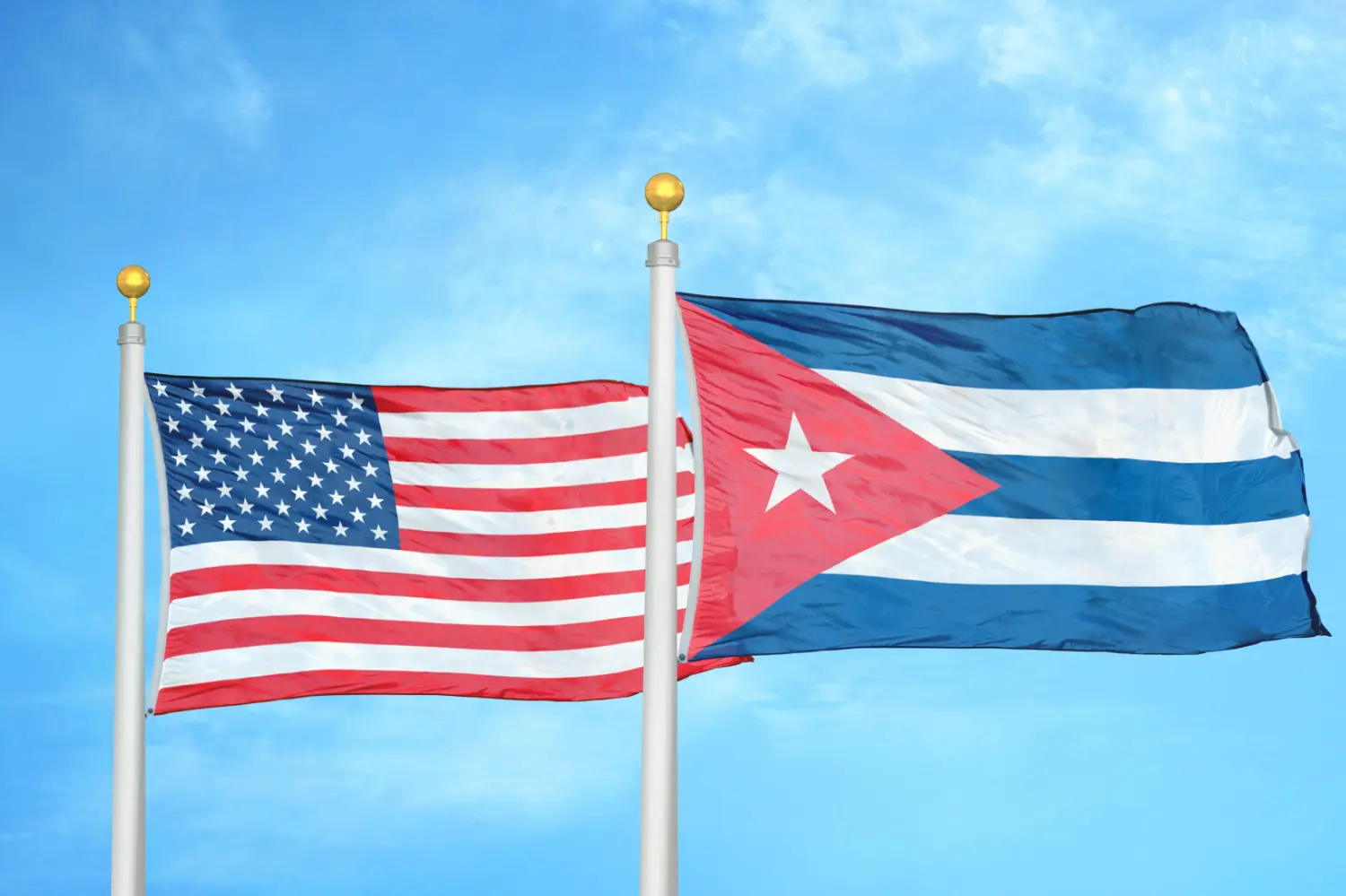The Cuban Adjustment Act (CAA), enacted in 1966, provides a unique pathway to lawful permanent residency for Cuban nationals who have been physically present in the United States for at least one year after being admitted or paroled. Over the decades, the CAA has served as a critical mechanism for the integration of Cuban migrants into American society, reflecting the distinct historical and political relationship between the United States and Cuba. In recent years, the profile of Cuban migration has changed significantly, with increasing numbers arriving through the southwest border rather than by sea or air, raising complex legal questions for those placed into removal proceedings upon arrival.
When a Cuban national enters the United States through the southwest border and is placed into removal proceedings, their eligibility for adjustment of status under the CAA is not necessarily foreclosed. A critical requirement under the statute is that the individual must have been admitted or paroled into the United States. Historically, this requirement was easily met under the now-defunct ‘wet foot, dry foot’ policy, which generally granted parole to Cubans arriving on U.S. soil. Since that policy ended in 2017, DHS has continued to grant parole on a case-by-case basis, including at ports of entry and through release from detention under INA § 212(d)(5)(A).
In recent years, many Cuban nationals arriving at the U.S.-Mexico border have been issued notices to appear and initially detained. However, if they are subsequently released under the Secretary of Homeland Security’s parole authority pursuant to INA § 212(d)(5)(A), they can be considered to have been paroled for purposes of the CAA. Once a Cuban applicant has been paroled and has maintained continuous physical presence in the U.S. for at least one year, they may file Form I-485 to adjust status under the Cuban Adjustment Act. This process is available even to individuals who are in removal proceedings, provided the statutory conditions are met.
For Cuban nationals in removal proceedings, the adjustment of status process generally occurs before the immigration judge (IJ) within the Executive Office for Immigration Review (EOIR). The applicant must establish that they are a native or citizen of Cuba, that they have been inspected and either admitted or paroled into the United States, and that they have been physically present for at least one year. Importantly, unlike most other forms of relief, adjustment under the CAA does not require the applicant to demonstrate that their entry was lawful in the traditional sense, so long as parole has been granted and documented.
If the Cuban national has received a grant of parole and is eligible to adjust, they may move the immigration court to terminate proceedings to allow for adjudication of the I-485 by U.S. Citizenship and Immigration Services (USCIS). Alternatively, the adjustment may proceed affirmatively before the court. Termination is often sought to streamline processing and avoid protracted removal litigation. Termination is within the discretion of the immigration judge and may be granted where the respondent presents prima facie eligibility for permanent residence under the CAA.
USCIS adjudicators reviewing adjustment applications under the CAA will require documentary evidence of Cuban citizenship, evidence of the date and manner of entry (such as Form I-94 indicating parole), and evidence of continuous physical presence. Affidavits, employment records, school enrollment documents, and other corroborating material may be submitted to establish the requisite presence. While the law requires one year of physical presence, minor interruptions for brief travel abroad may not be disqualifying if properly documented and explained.
It is also important to address the common issue of inadmissibility. Unlike other adjustment pathways, the Cuban Adjustment Act does not automatically waive grounds of inadmissibility. However, Cuban applicants may simultaneously file Form I-601 for a waiver of certain grounds or may argue that they are not subject to inadmissibility bars. Moreover, certain grounds such as unlawful entry, if followed by a grant of parole, do not disqualify the applicant from relief under the Act. This makes the CAA an especially forgiving statute in comparison to most adjustment provisions under the INA.
In practice, the Cuban Adjustment Act remains a vital relief mechanism for Cuban nationals fleeing economic hardship and political repression. For those entering through the southwest border, parole becomes the key hinge upon which eligibility for adjustment turns. Fortunately, DHS continues to exercise its discretion to grant parole in many cases, allowing Cuban nationals to eventually seek permanent residency through this streamlined route. Importantly, Cubans applying under the CAA benefit from a more simplified evidentiary burden and the absence of numerical visa limits.
For attorneys and advocates working with Cuban migrants in removal proceedings, it is critical to ensure that parole is properly documented and that the individual’s presence in the United States is clearly established. Equally essential is the timely submission of the adjustment application, along with any necessary waiver applications. If the individual is in court proceedings, strategic coordination with DHS and EOIR may lead to termination or administrative closure, depending on jurisdiction and policy. The goal is always to preserve eligibility and minimize procedural delays.
In conclusion, Cuban nationals who enter the United States through the southwest border and are placed into removal proceedings are not categorically barred from seeking permanent residence under the Cuban Adjustment Act. If they are granted parole and meet the statutory requirements of physical presence and Cuban nationality, they may pursue adjustment either before the immigration court or through USCIS following termination of proceedings. This pathway reflects a continuing commitment to providing a special immigration benefit for Cuban nationals while balancing procedural safeguards within the U.S. immigration system.
